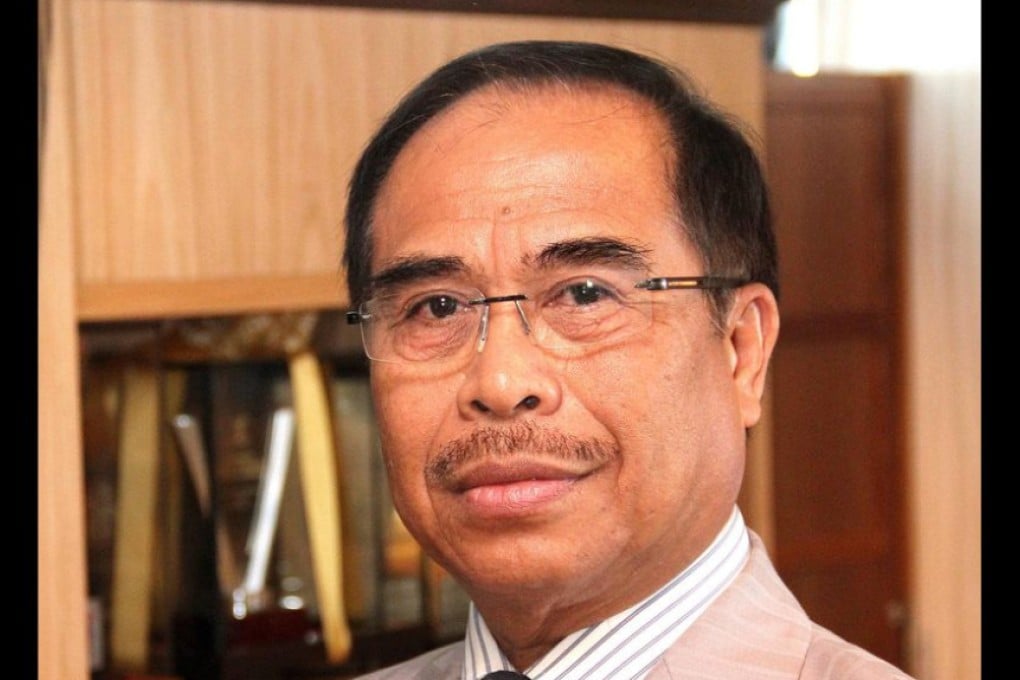Sabah's agro-industry crucial to attain food security in Asia

Sabah is creating an expanded and diversified agricultural sector to ensure stable food supply to its domestic and export industries, and to provide quality food products to Malaysia and across Asia. This is according to Sabah's deputy chief minister, Yahya Hussin, who also heads Sabah's Ministry of Agriculture and Food Industry (MAFI).
MAFI sees great potential for Sabah to play a crucial role in achieving food security and optimising food production processes in the East Asean Growth Area (BIMP-EAGA) - the subregional economic cooperation comprised of Brunei, Indonesia, Malaysia and the Philippines. Strategically located, Sabah can easily reach markets in mainland Southeast Asia to promote the agro-industry trade and speciality sectors such as the halal food trade.
"Products from Sabah are accepted in the Muslim states, and our halal certification is world-recognised," Yahya says.
Leveraging its strength in rice production, Sabah is expanding its farmlands to accommodate investments in fruit tree plantations following the demand for exports such as pomelo, mangosteen, durian and avocado, among others. MAFI has put in place modernisation programmes to improve the eastern state's cocoa and food processing systems as it continuously develops its duck- and chicken-rearing activities. It seeks to bolster its fisheries and aquaculture sectors by developing marine cucumber, seaweed and prawn hatcheries while harvesting deep-sea pelagic fishes and tuna for world markets.
To help agro-industry developers address challenges such as biosecurity threats and fierce competition in the use of the agricultural land, MAFI provides investors with incentives such as tax exemptions and allowances on capital expenditures.
"We welcome investors to work with us in developing our food production sectors to achieve food security," Yahya says. "We also initiate cooperation with other relevant agencies and district councils. It's challenging, but we continue to improve our self-sufficiency level by increasing productivity and by expanding our plantation and marine culture areas."
http://www.sabah.gov.my/mafi